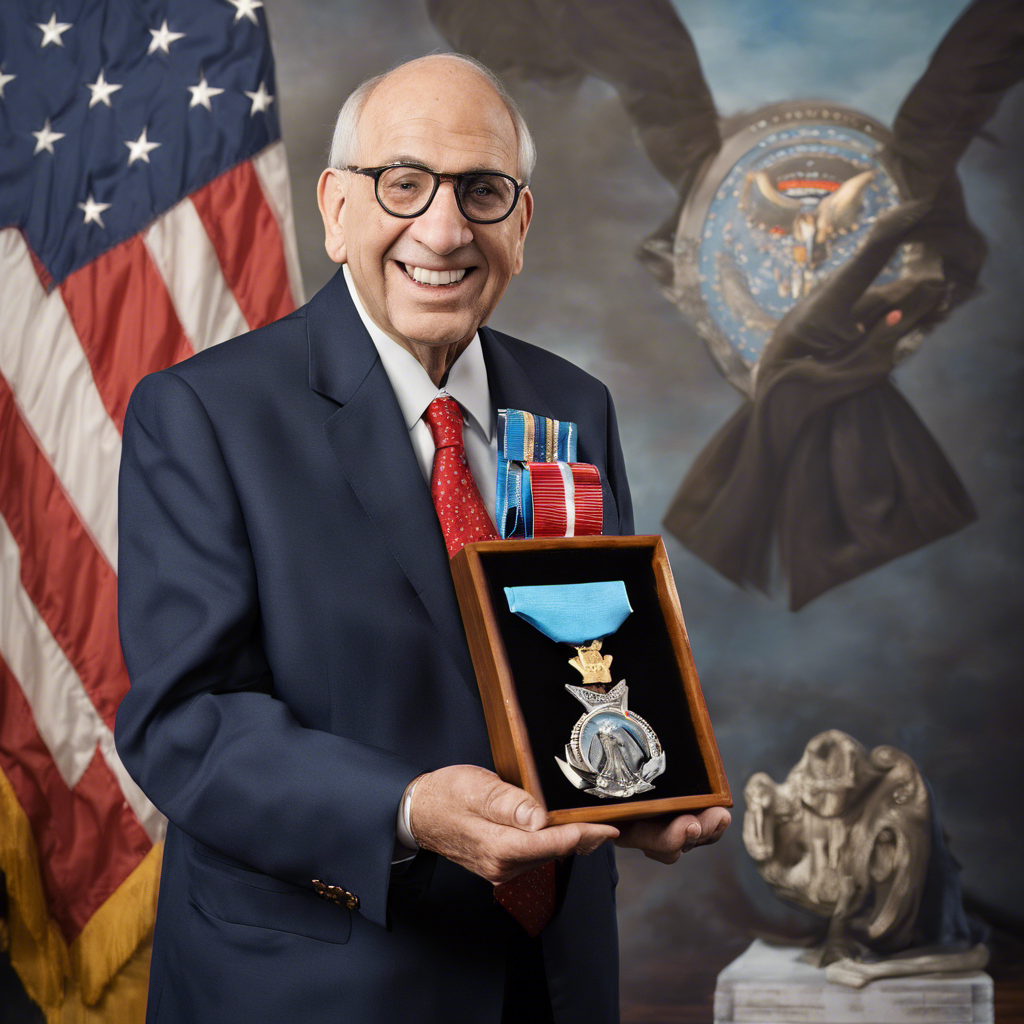Unique Program Provides Real-World Experience and a Master’s Degree in Clinical Engineering
For students pursuing a career in biomedical engineering, the path forward can sometimes feel unclear. However, UConn’s Clinical Engineering Internship Program offers a unique opportunity for students to gain real-world experience while working towards a master’s degree. With a focus on clinical engineering, this program immerses students in the healthcare environment, equipping them with the skills and knowledge needed to make hospitals safer and more efficient. As one of the only programs of its kind in the country, UConn’s Clinical Engineering Internship Program is shaping the future of biomedical engineering.
Clinical Engineering Internship Program: A Path to Success
UConn’s Clinical Engineering Internship Program stands apart from other healthcare technology management programs by offering a two-year internship alongside graduate-level engineering courses. This comprehensive approach allows students to gain over 1,500 hours of clinical engineering experience, preparing them for the challenges they will face in the field. The program has produced over 150 graduates in the past 15 years, with 24 currently enrolled.
During their internship, students are exposed to a wide range of clinical engineering responsibilities, including technology assessment research, product evaluations, incident investigation, and healthcare technology quality improvement. They also have the opportunity to attend internship meetings, where they can share their experiences and learn from experts in the field. The program’s emphasis on real-world experience sets it apart from other programs and prepares students for successful careers in clinical engineering.
Success Stories: From Internship to Career
Danielle McGeary, a graduate of UConn’s Clinical Engineering Internship Program, credits the program for her successful career in the field. After completing her internship at Hartford Hospital, McGeary was hired as a full-time clinical engineer. She went on to work in various leadership roles in healthcare technology management and was elected as the Association for the Advancement of Medical Instrumentation’s first Vice President of Healthcare Technology Management. McGeary’s story is just one example of how the Clinical Engineering Internship Program can launch students into rewarding and impactful careers.
CAEE Master of Engineering in Clinical Engineering Program: Advancing Professionals in the Field
In addition to the Clinical Engineering Internship Program, UConn’s Center for Advanced Engineering Education (CAEE) offers a part-time, remote Master of Engineering (MENG) degree in clinical engineering. This program is designed for professionals already working in the clinical engineering field who want to advance their careers. With a focus on coursework rather than an internship, this program allows students to earn a master’s degree while continuing to work in a hospital environment. The program offers a range of clinical engineering courses, covering topics such as human error, hospital engineering problems, and medical device cybersecurity.
Ben Graham, the first graduate of the CAEE’s Master of Engineering in Clinical Engineering Program, found that the program provided him with new opportunities for career advancement. While working as a contract clinical engineer, Graham enrolled in the program to further his education and expand his skill set. After completing his degree, he was promoted to a senior clinical systems engineer, supporting hospitals across the nation. Graham’s experience highlights the value of a master’s degree in clinical engineering for professionals in the field.
A Rich History and a Bright Future
UConn’s clinical engineering program has a rich history dating back to 1975 when it was started by Joseph Bronzino. Over the years, the program has grown and evolved, expanding its reach to hospitals in multiple states and offering distance learning options. Today, the program is taught by a team of experienced instructors and continues to attract students from a variety of engineering backgrounds. The success of UConn’s clinical engineering programs is a testament to the dedication of the faculty, the support of clinical engineering directors in hospitals, and the passion of the students themselves.
Conclusion:
UConn’s Clinical Engineering Internship Program and the CAEE’s Master of Engineering in Clinical Engineering Program are paving the way for the future of biomedical engineering. By providing students with real-world experience and a comprehensive education, these programs are preparing the next generation of clinical engineers to make a difference in the healthcare industry. Whether through the internship program or the remote master’s degree path, UConn is equipping students with the skills and knowledge they need to excel in this rewarding and impactful field.











